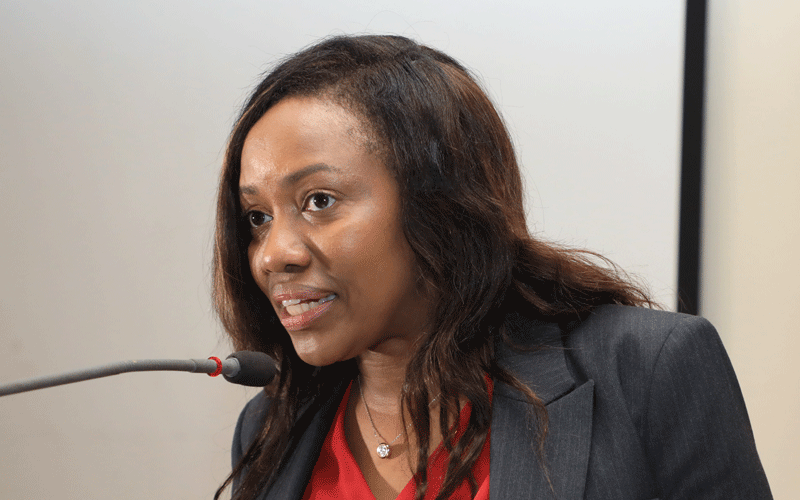Stakeholders, State agencies differ over abortion legality
By Mercy Mwai, September 4, 2020
Stakeholders and government entities have differed on whether to enact into law the reproductive Health Care Bill that seeks to legalise abortion in the country.
The entities which included the National Gender and Equality Commission (NGEC), County Assemblies Forum (CAF), Kenya National Commission on Human Rights (KNCHR), Kenya Film Classification Board (KFCB), Intersex Persons Society of Kenya (IPSK) and National Council for Population and Development (NCPD) expressed divergent views on the provisions touching on termination of pregnancy, use of contraceptives, surrogacy and assisted reproduction.
Appearing virtually before the Senate health committee chaired by Trans Nzoia senator Michael Mbito, NGEC, KNCHR and NCPD opposed the clause legalising the termination of pregnancy saying it is not only discriminatory but would be taken advantage of.
The three institutions also joined their colleagues in supporting amendments on surrogacy and assisted reproduction to ensure that a written consent is agreed upon before the procedure is taken.
In their presentations, the stakeholders also stressed the need to introduce amendments to the entire bill before it becomes law.
In particular, NGEC wants the clause on termination of pregnancy in case of an emergency be deleted on grounds that it is discriminatory and pre- judicial to persons with various categories with disabilities.
“On termination of pregnancy, this may encourage abortions on the basis of severe physical or mental abnormality,” reads the presentation by the commission secretary Betty Sungura.
On the issue of surrogacy, the commission said that in the case where the surrogate parenthood arrangement is terminated, the custody of the child should be transferred to the natural mother and be entitled to the rights of the child.
KNCHR on its part also wants the clause on termination of pregnancy deleted and instead a clause providing that a pregnancy can only be terminated if it is as a result of rape or defilement and endangers the physical, mental, psychosocial or social well-being of the mother included.
The commission led by Chief Executive Bernard Mogesa also wants the healthcare professional carrying out the termination to seek consent of the pregnant woman by giving her the full knowledge of the risks involved and the possible side effects of the termination

On surrogacy, the commission wants the bill amended to provide that Parties should both consent to surrogacy as well as list the prescribed conditions for acting as a surrogate mother and the validity of surrogate parenthood.
“Limiting the surrogacy to the irreversible condition of not being able to give birth may lock out commissioning parent who want to go through with the surrogacy out of choice and not necessarily due to an irreversible condition.
The NCPD took issue with the term “termination of pregnancy” saying it connotes abortion and thus emphasized on the need to recast and confine it as per the constitution.
According to NCPD Director General Dr. Mohamed Sheikh allowing for termination of pregnancy in case of an emergency treatment is prone to abuse as it is not well-defined.
Sheikh also said there is need to legislate assisted reproduction to address issues of infertility even as he opposed issues of adolescent Health issues from being discussed in the Bill as they have been tacked in other acts of Parliament, Policies, Guidelines and protocols.
Their sentiments come hardly a month after Ministry of Health (MOH) led by CS Mutahi Kagwe said the proposed provisions in the bill normalises abortion on demand contrary to the Constitution and the values the country upholds.
According to the health ministry, the bill has introduced a loophole for termination of pregnancy as a method of Family Planning yet the opinion to determine a pregnancy is a complex professional opinion that is vested to one trained official who has sufficient proficiency to give such decision because it has far reaching consequences.
On the other hand, CAF which also appeared before the committee virtually opposed the section on assisted reproduction saying the clause is ambiguous and creates possibility for invasion of privacy